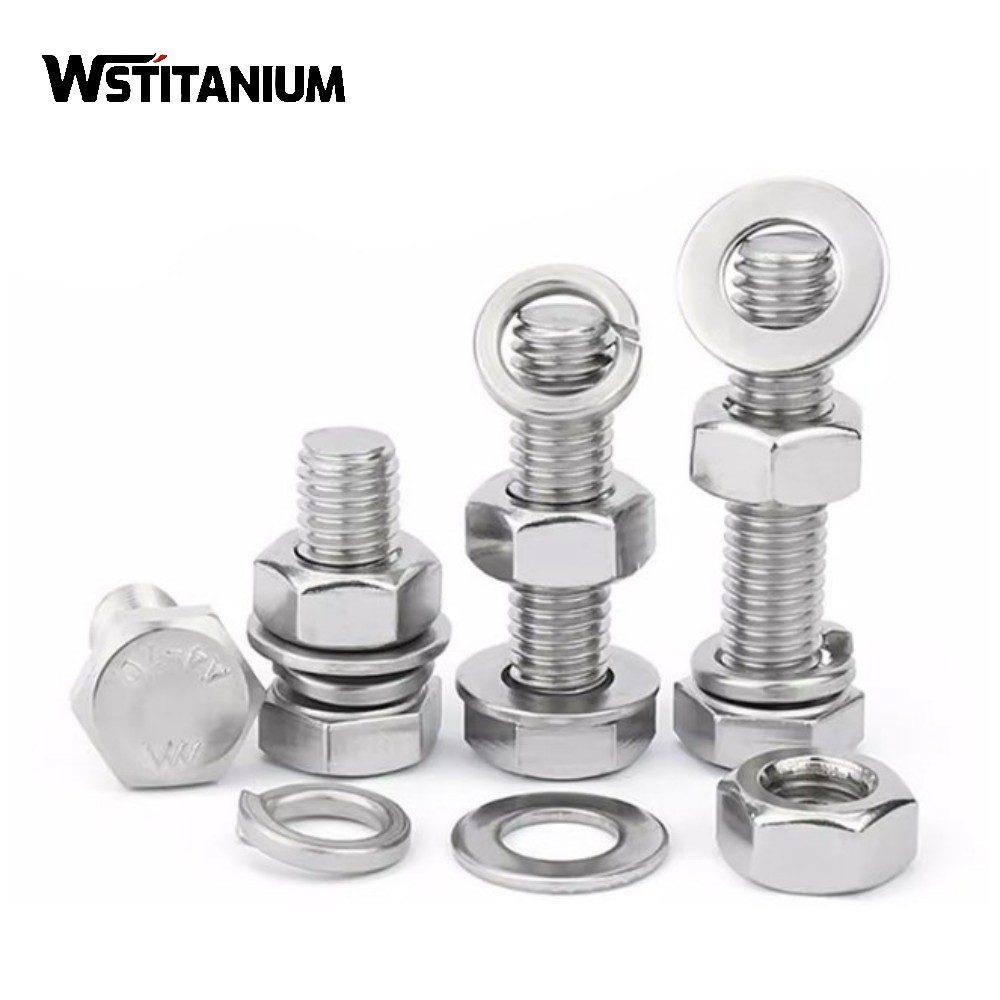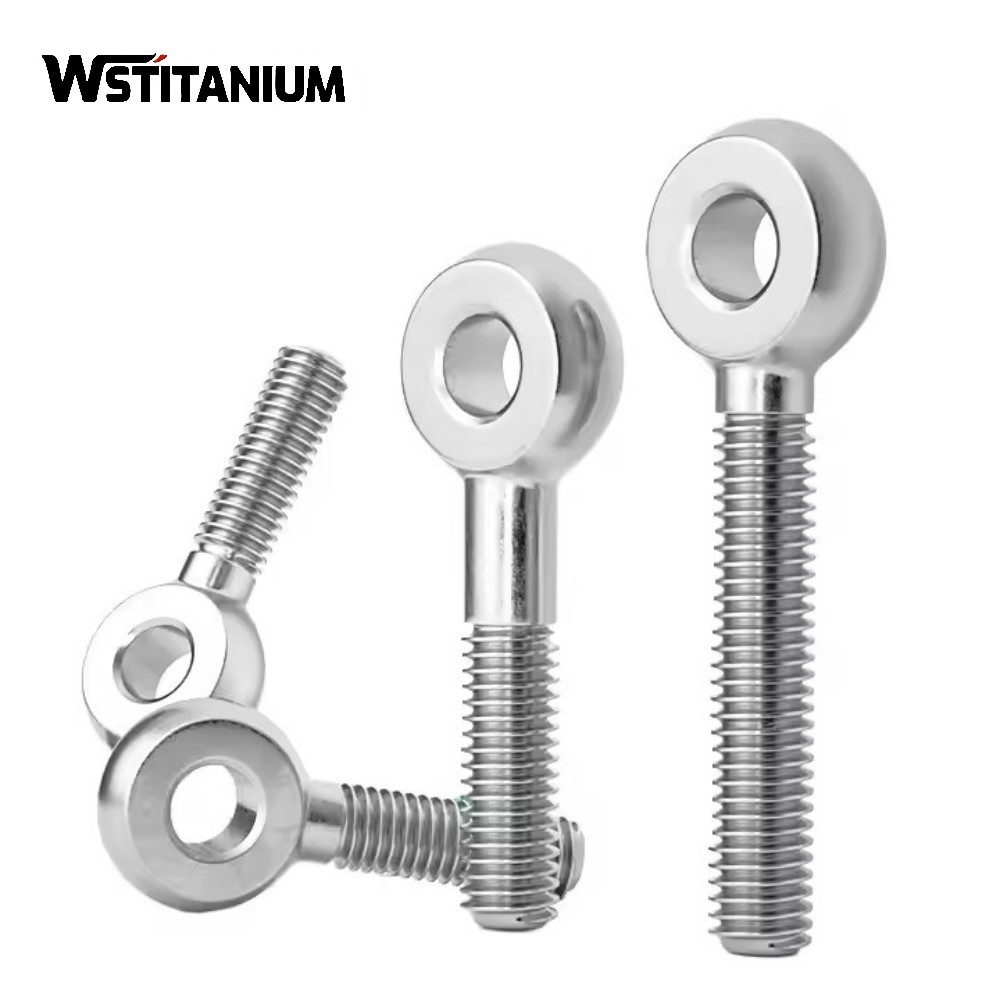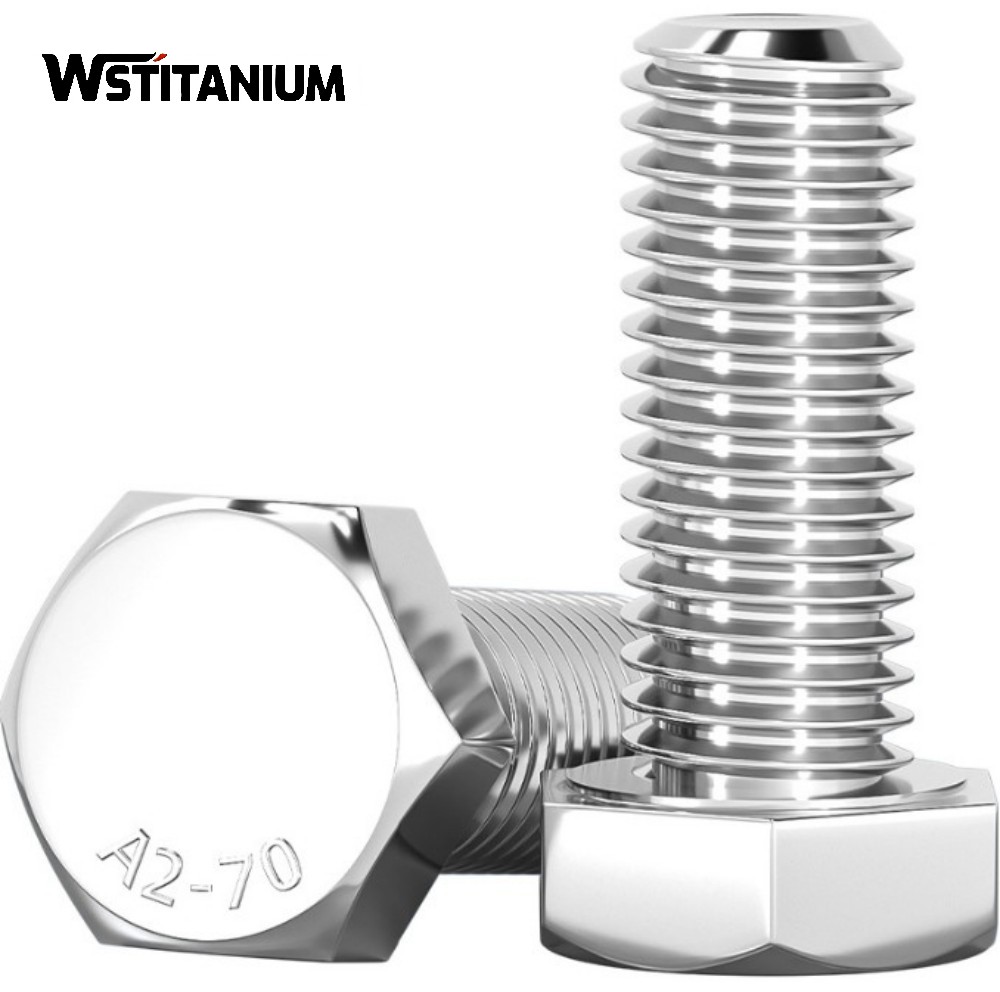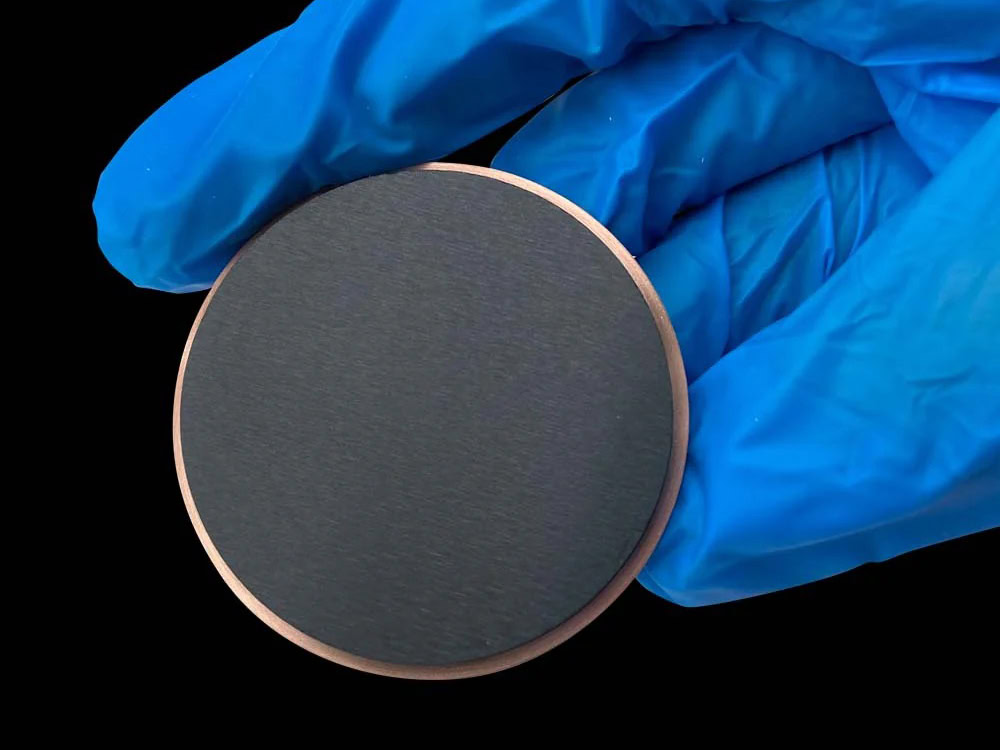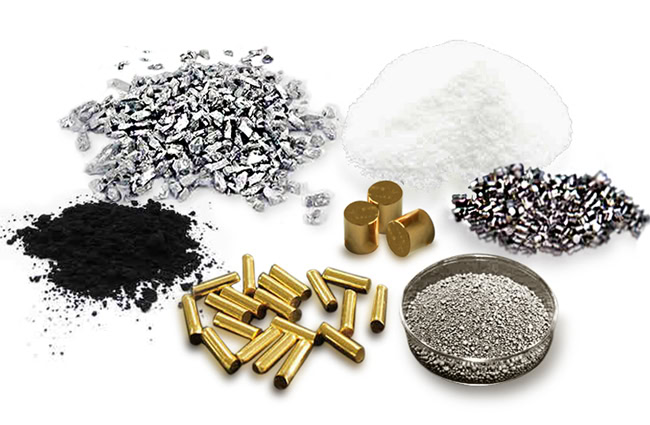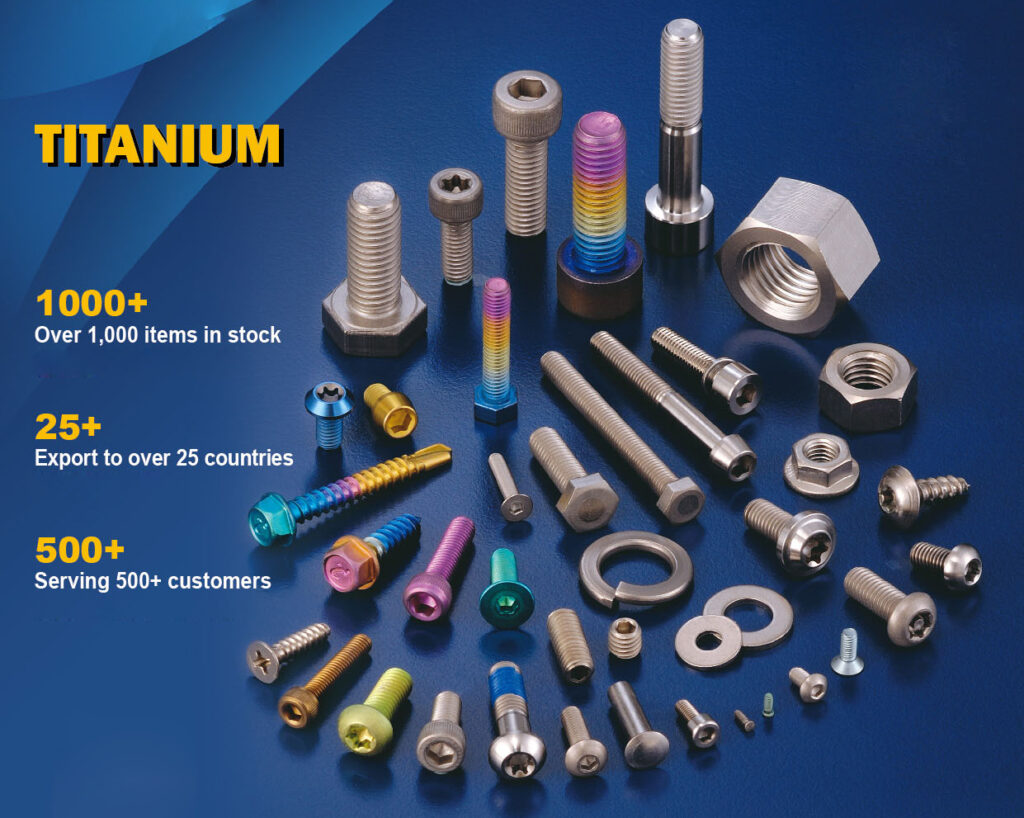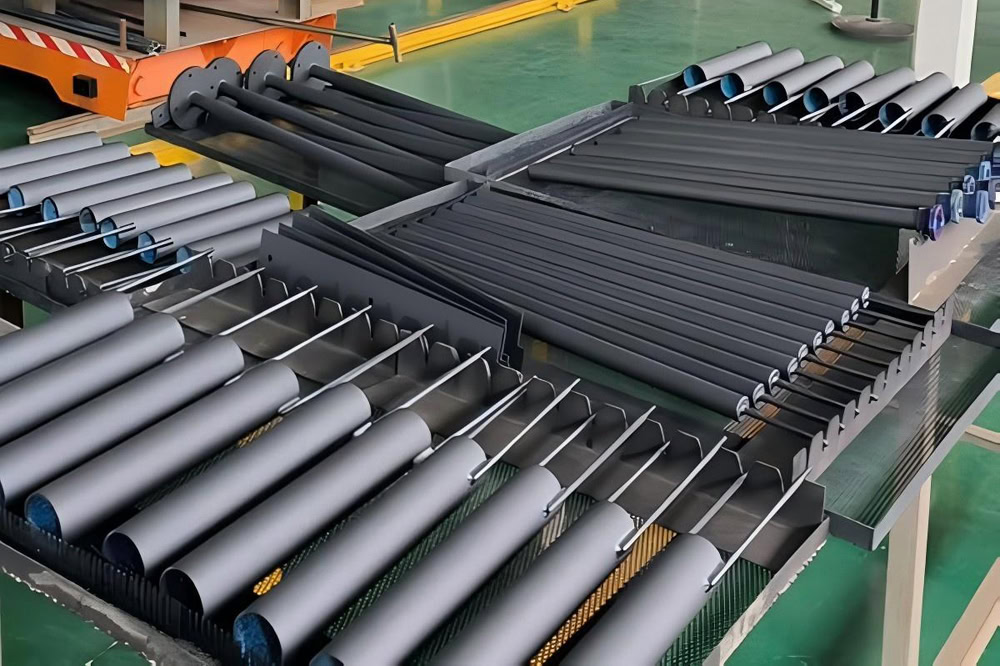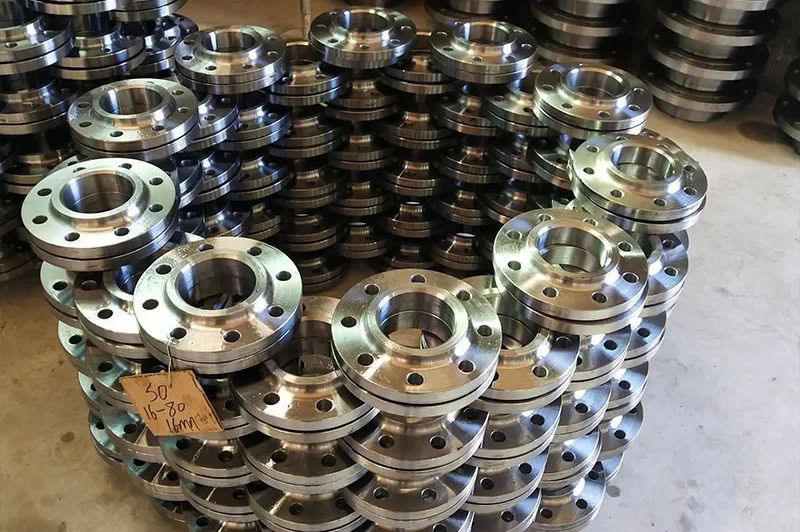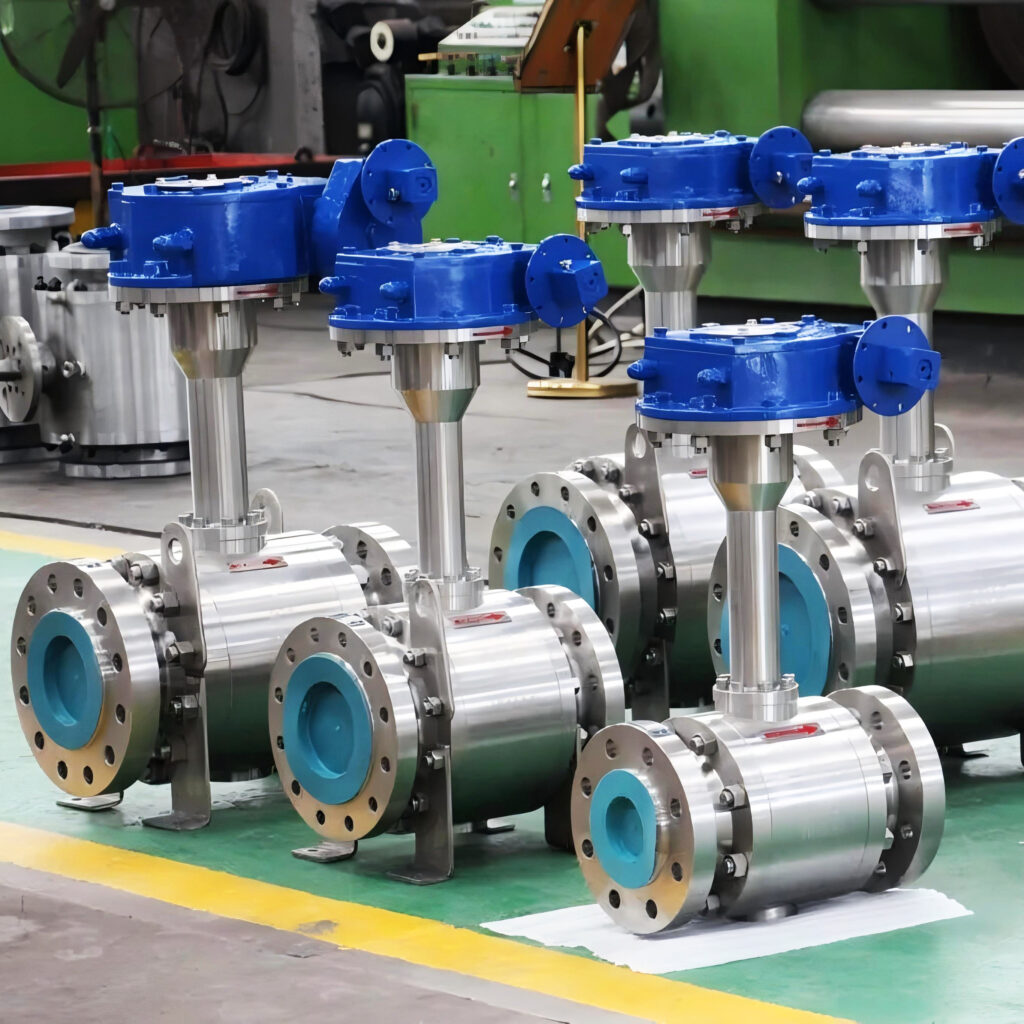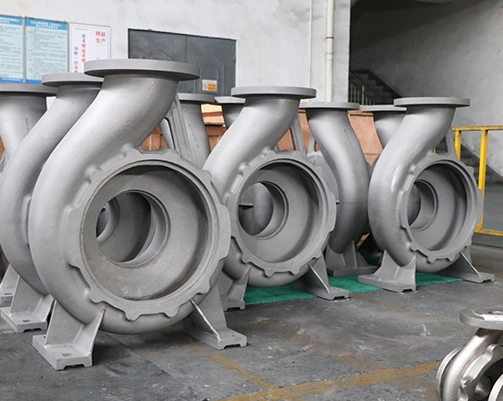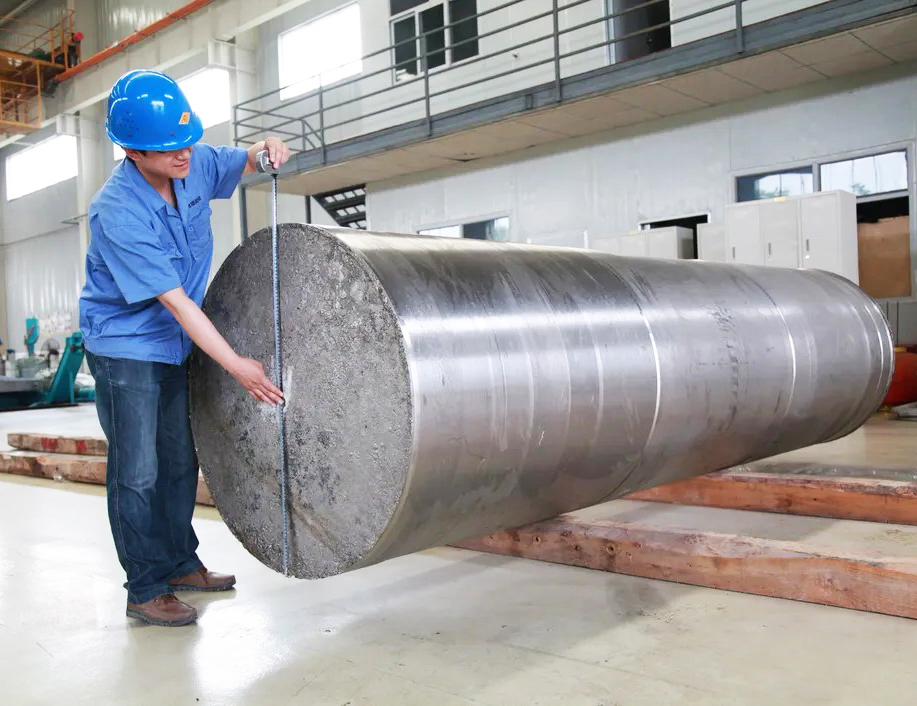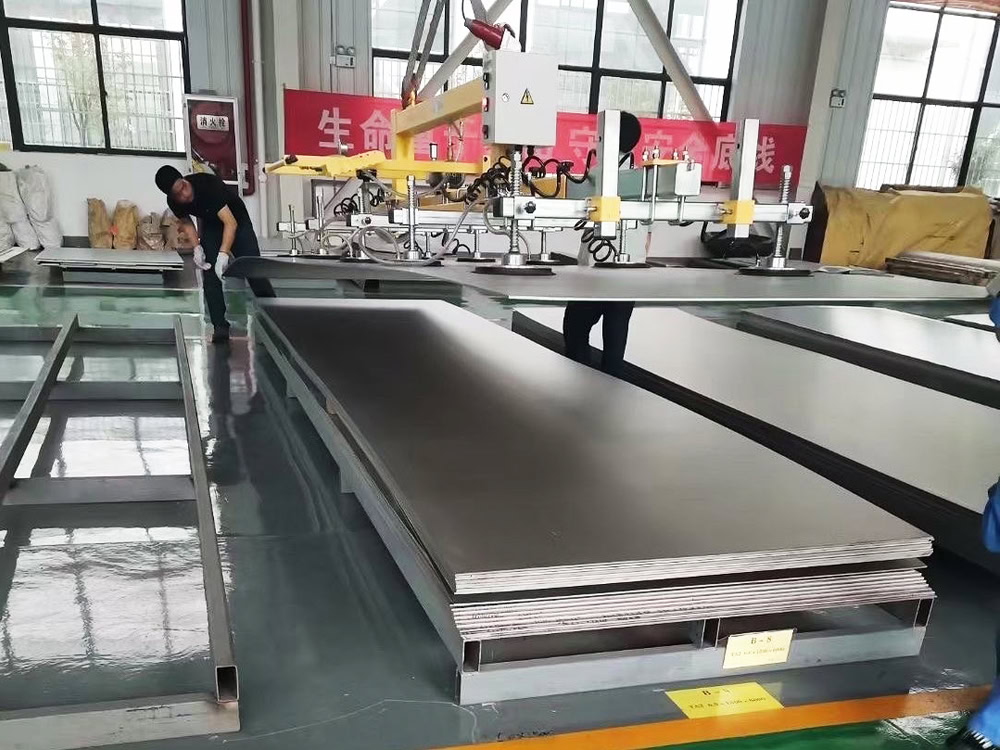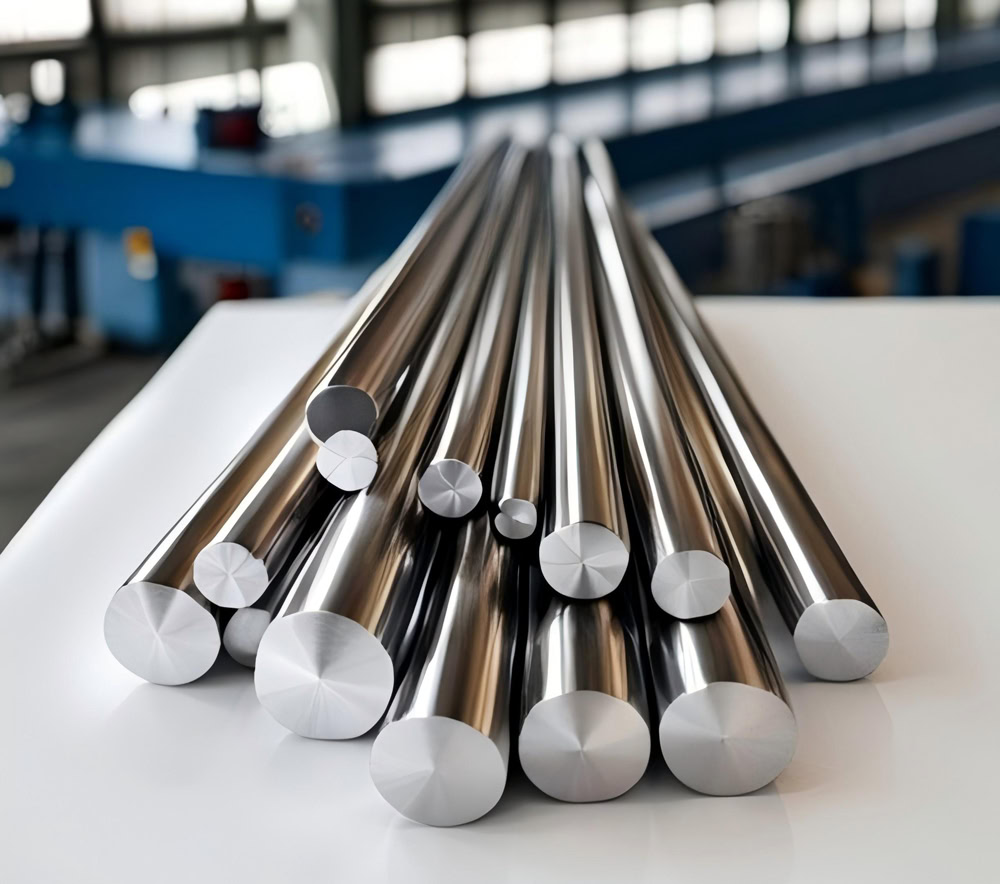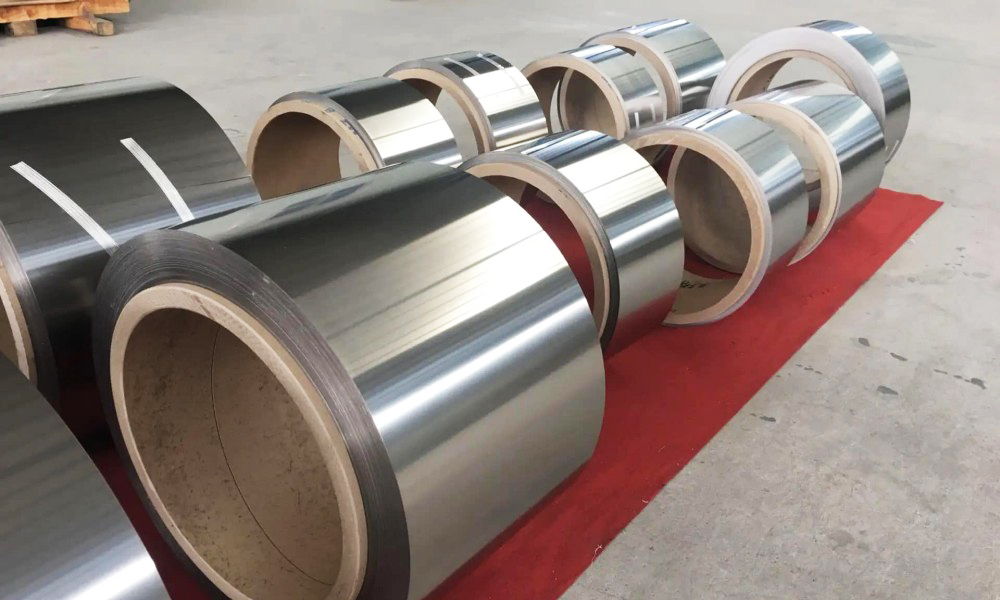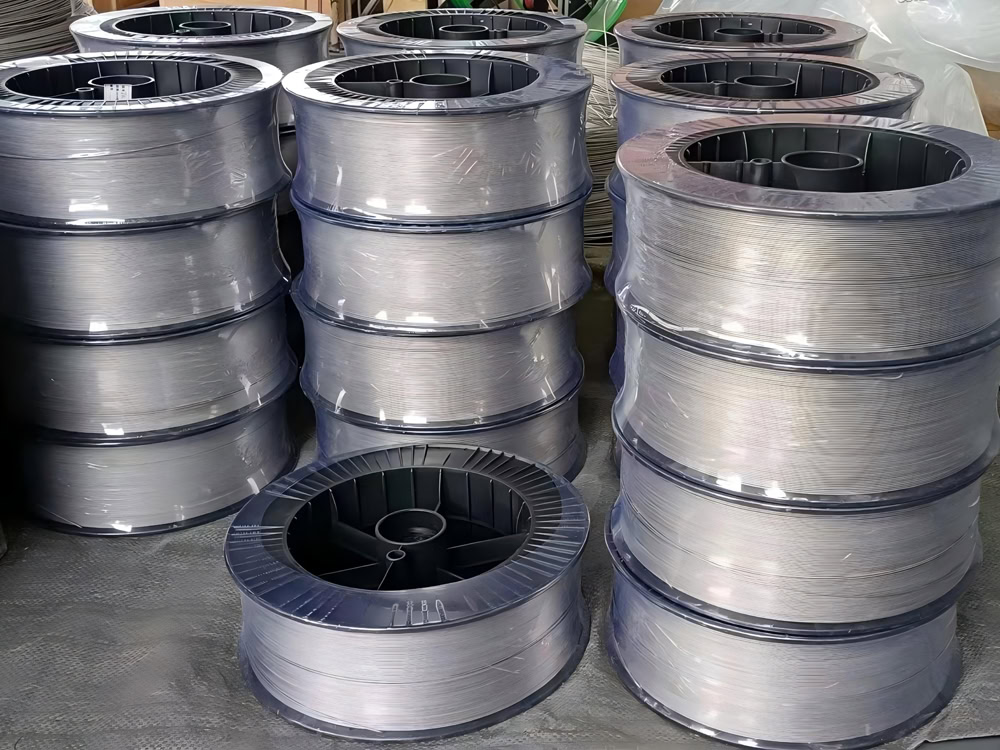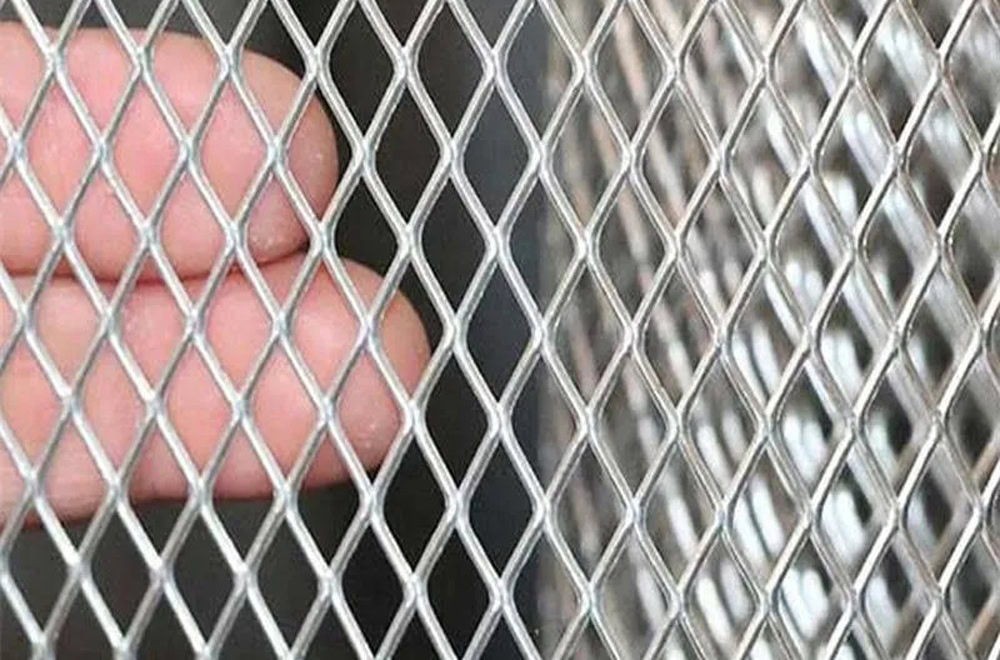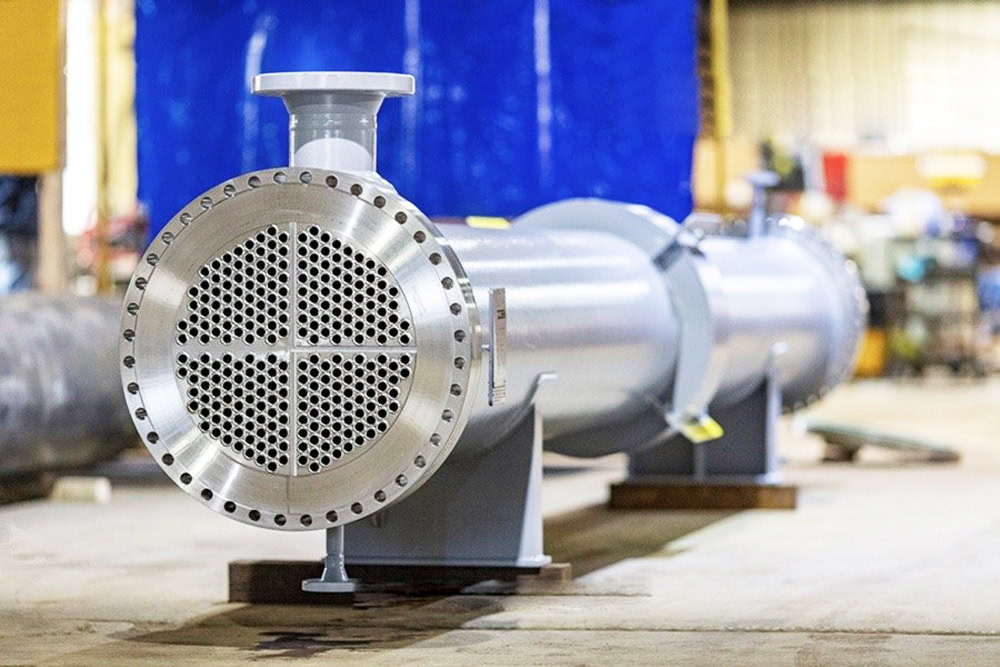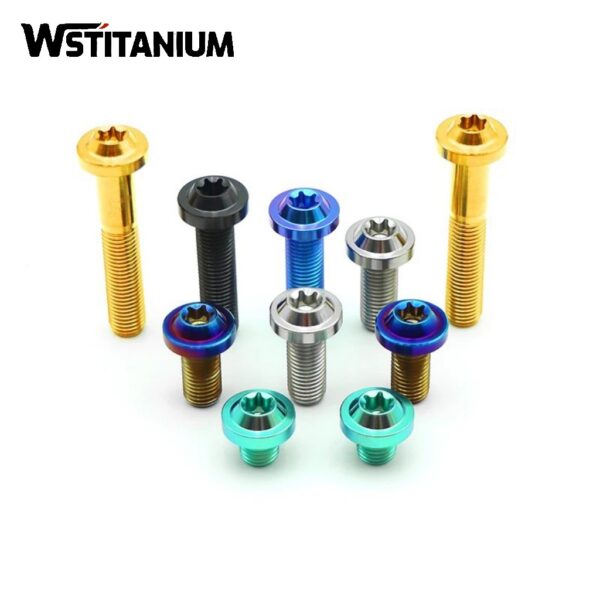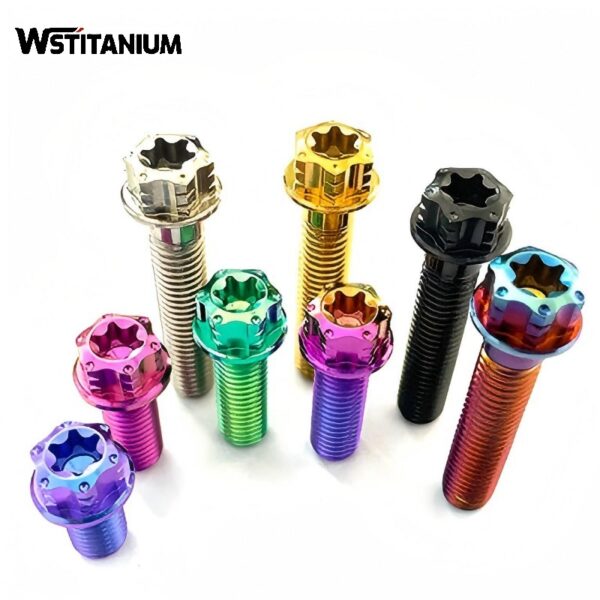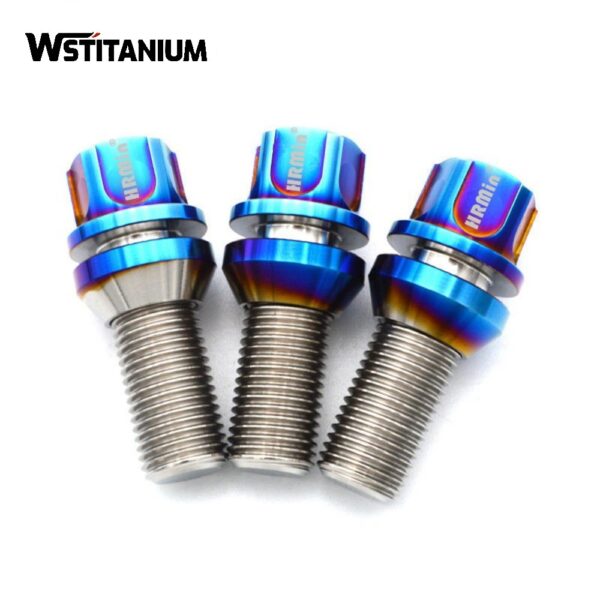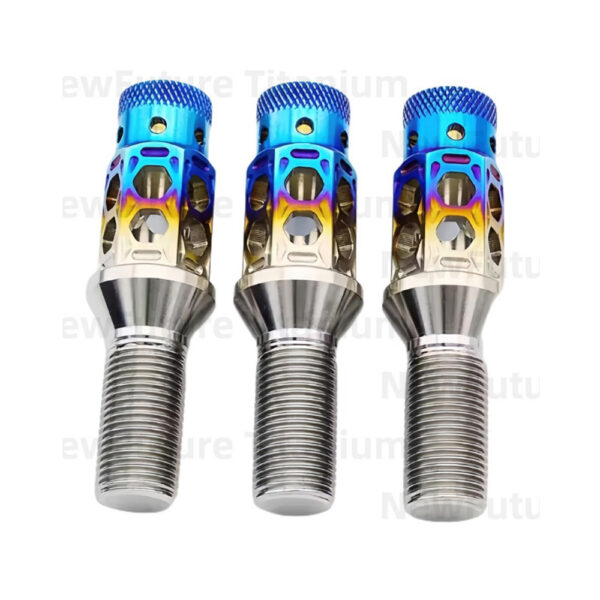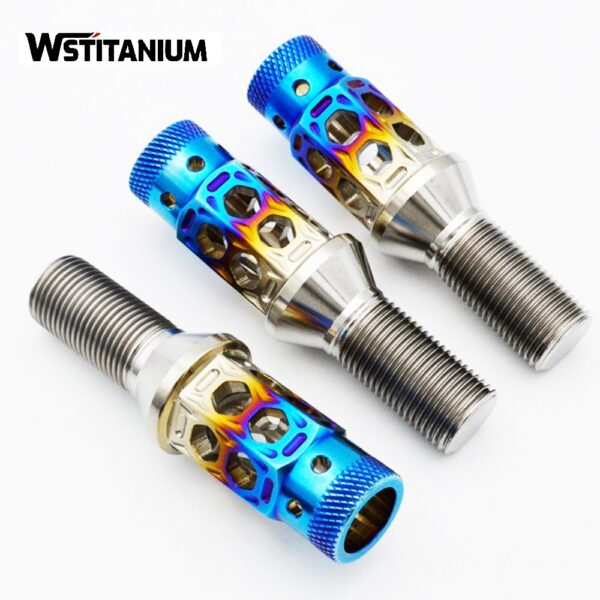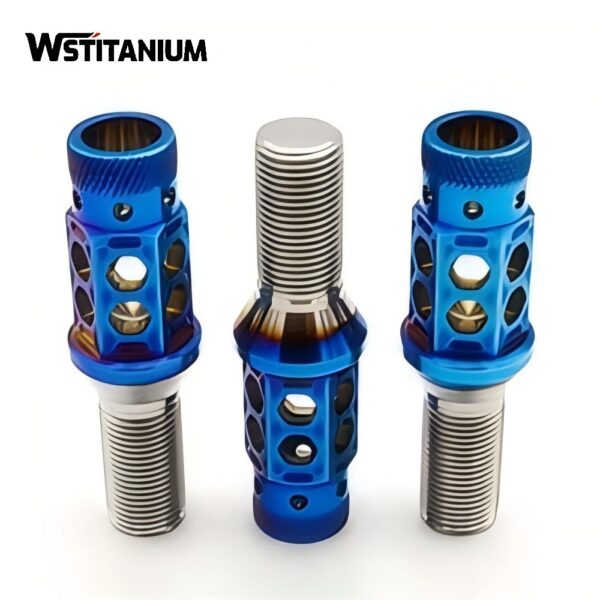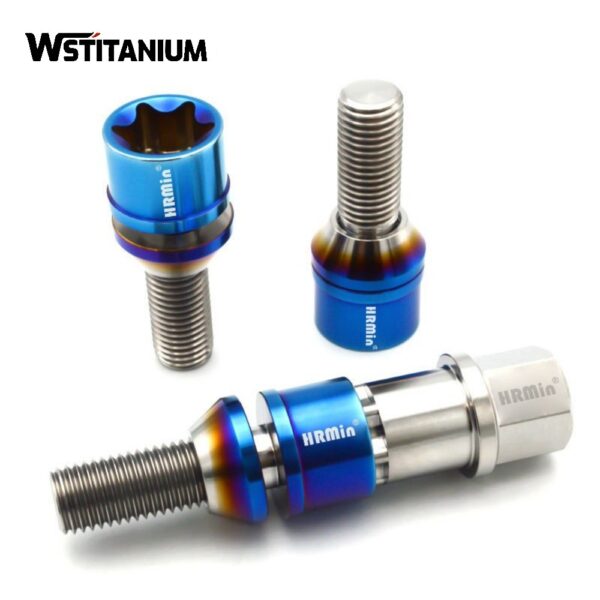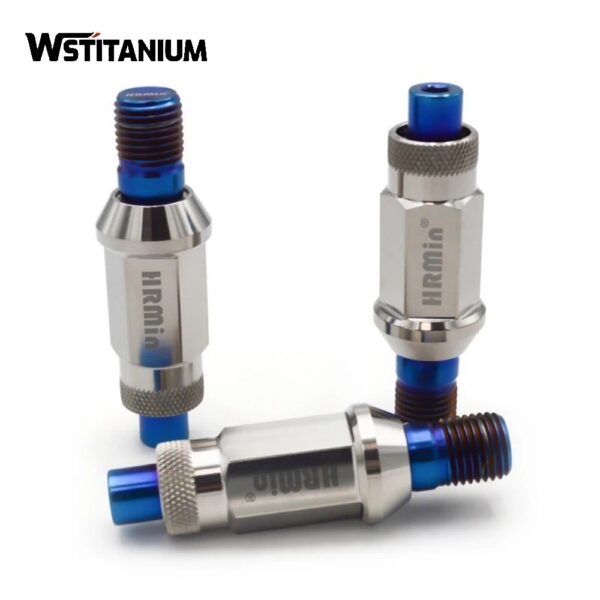Titanium Fasteners For Marine
Certified: CE & SGS & ROHS
Shape: Requested
Diameter: Customized
Drawings: STEP, IGS , X_T, PDF
Shipping: DHL, Fedex, or UPS & Ocean Freight

20+ YEARS EXPERIENCE SENIOR BUSINESS MANAGER
Ask Michin For What You Want?
The marine environment is recognized as one of the world’s most demanding corrosion environments, characterized by multiple corrosive factors, including high salt spray, strong tidal impacts, microbial attachment, and temperature fluctuations. Fasteners, core structural components in marine engineering projects such as ships, offshore platforms, submarine pipelines, and tidal power generation equipment, are subject to long-term corrosion from corrosive media and dynamic loads. Titanium is an ideal material for marine fasteners due to its extremely low marine corrosion rate (annual corrosion rate in seawater is less than 0.001mm), excellent strength-to-weight ratio (strength comparable to steel at only 57% of steel’s weight), and excellent fatigue resistance. With over a decade of experience in the research and development and manufacturing of titanium fasteners, Wstitanium has a precise understanding of the unique fastener requirements of marine engineering and has established a comprehensive core technology system, from material customization to finished product delivery.
| Size | M3-M120. or non-standard according to your requirements. |
| Materials | Gr1 Gr2 Gr3 Gr4 Gr5 Gr6 Gr7 Gr9 Gr11 Gr12 Gr23 |
| Type | Screw/bolts(cap head/socket head/hex head/round head/headless/taper head/shoulder head.etc) |
| Thread | UNC, UNF, UNEF, M, BSW, BSF, TR, ACME, NPT TP |
| Surface Treatment | Anodizing, sandblasting,black oxide, polishing. powder coating, brushing,electroplating, passivation |
| Drawingformat | IGS,STP,STEP,X-T,DXF,DWG,PrO/E,PDF,PNG,JPG |
| Application | Motorcycle,Bicycle,cars |
| Certifications | ISO9001,CE,BV |
| Service | 1,Free samples will be sent to you after confirming the order. |
| 2,Material test report,Hardness test report,Quality Inspection Report as your require. | |
| 3,video and photos with details freely during. | |
| 4,Drawing formation: PDF, CAD/DWG/DXF, IGS/STP etc.If you don’t have a professional drawing, you can contact us and we will customize it for you according to your requirements. | |
| Euipment | CNC Turning, CNC Milling, CNC 5-axis Turning-milling Compound, CNC Gear Hobbing Machine, CNC Gear Shaping Machine, Manual Milling Machine, Grinding Machine, and Laser Engraving Machine. |
| Quality | Two-dimensional Imager, CCD Image Detection Equipment, Rockwell Hardness Tester, Vickers Hardness Tester, Electron Microscope,Salt Spray Tester,etc. |
| Packing | PE bag,EPE, standardcardboard boxes or plastic trays, sponge trays,cardboard trays,etc |
| Precision | TIR ≤.002″ (0.02mm-5mm) |
| MOQ | In stock:50pcs Custom-made:100pcs |
| Color | Silver, black, red, yellow, green, blue, color, customized according to your requirements |
| Delivery time | In stock : Sample 3days,Bulk goods 7-15days. |
| Custom : Sample 7-10 working days, Bulk goods 15-20 working days. |
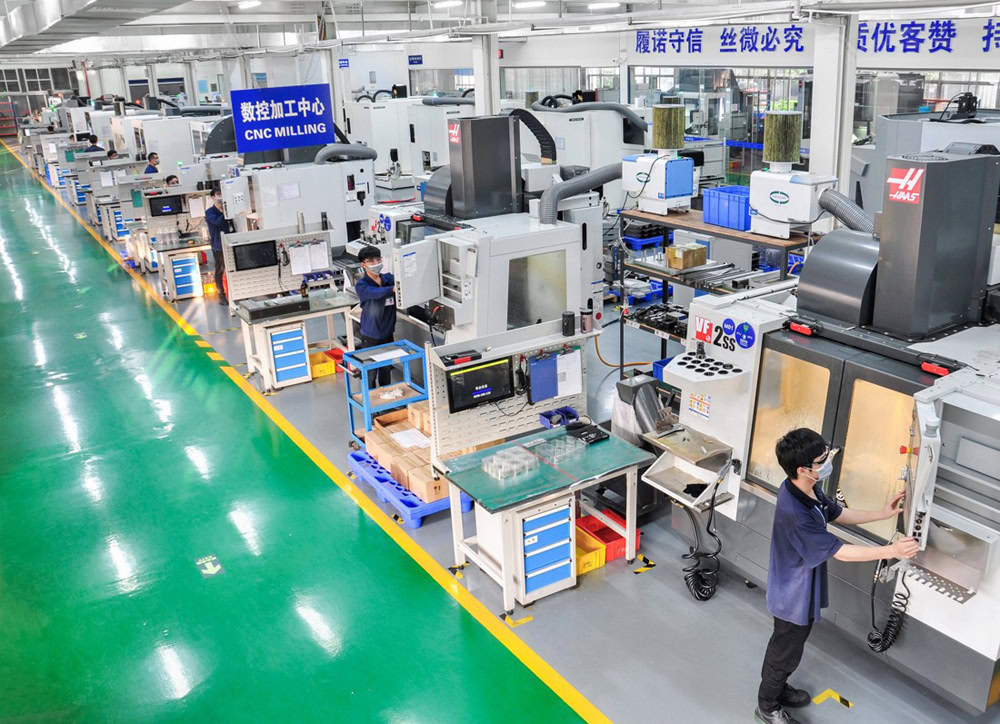
Manufacturing Marine Titanium Fasteners
Marine titanium fasteners must simultaneously meet the four key requirements of “corrosion resistance, fatigue resistance, high precision, and strong adaptability.” Wstitanium has developed a targeted technology matrix centered around CNC precision machining, customized heat treatment, and marine-specific surface treatment.
CNC Precision Machining
Wstitanium has invested in high-precision 5-axis CNC machining centers and CNC thread grinders. These machines boast positioning accuracy of ±0.002mm and repeatability of ±0.001mm, enabling precise machining of bolts, nuts, washers, and other fasteners from M4 to M120. For extra-long stud bolts used on offshore platforms (up to 5000mm in length), a segmented machining process combined with overall straightening is employed. The dual spindles of a dedicated CNC lathe are driven synchronously to avoid machining chatter caused by excessive aspect ratios, ensuring bolt straightness errors of ≤0.1mm/m.
Heat Treatment
Marine titanium fasteners must withstand dynamic loads such as wave impact and equipment vibration. Their mechanical properties (particularly fatigue strength and toughness) directly determine structural safety. Wstitanium has developed a variety of customized heat treatment processes tailored to the load characteristics of different marine zones (splash zone, tidal range zone, fully immersed zone, and submerged zone) to achieve a precise balance of strength and toughness.
1. Stress Relief Annealing
This technology is primarily used to eliminate internal stresses generated during CNC machining, preventing stress concentration-induced stress corrosion cracking in fasteners in the marine environment.
2. Solution Aging
For marine engineering components subject to high loads (such as offshore platform leg bolts and ship propulsion system fasteners), Wstitanium utilizes a combined “solution + aging” heat treatment to enhance strength.
3. Low-Temperature Stabilization
For fasteners in fully immersed zones and submerged zones, where the risk of microbial corrosion and hydrogen embrittlement is higher, Wstitanium innovatively utilizes “low-temperature stabilization.” Maintaining the workpiece at 250-300°C for 10-12 hours promotes the formation of a dense TiO₂ oxide film on the surface, enhancing resistance to microbial corrosion. It also promotes the slow release of hydrogen absorbed within the material, reducing the hydrogen content to below 5ppm, effectively preventing hydrogen embrittlement.
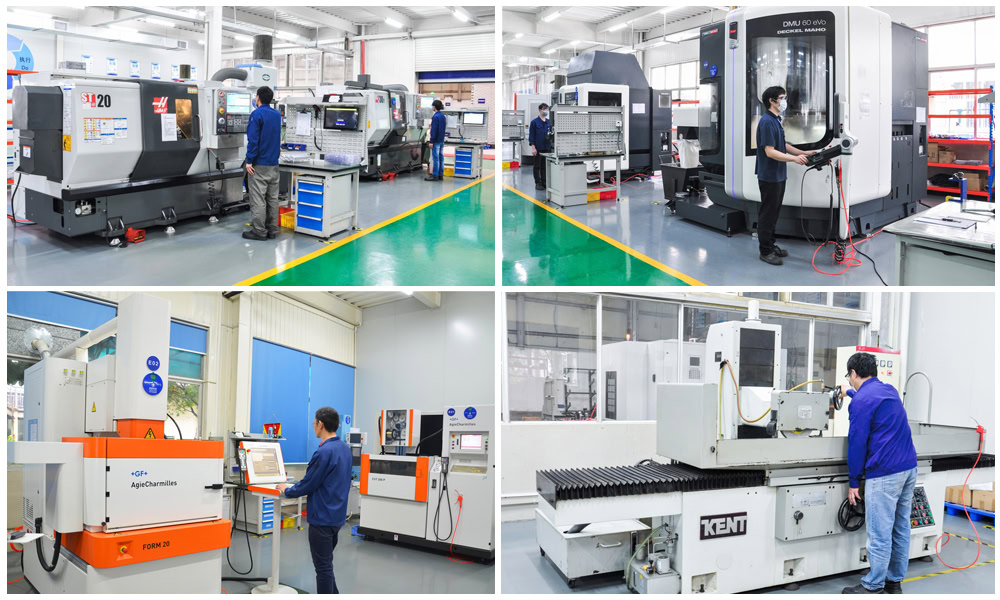
Surface Treatment
In marine environments, salt spray, seawater immersion, and microbial attachment are the primary causes of corrosion failure in fasteners. Surface treatment is a key step in improving protective performance.
1. Pickling and Passivation
As a basic surface treatment process, its core goal is to remove machining scale, oil stains, and microscopic defects, forming a uniform passivation film. Wstitanium uses an environmentally friendly mixed pickling solution (HF:HNO₃:H₂O = 1:4:15) for immersion at room temperature for 8-12 minutes. The HF dissolves the oxide layer, while the HNO₃ forms a passivation film on the titanium surface, rapidly removing surface impurities. The product is then placed in a 50°C passivation bath (25% nitric acid solution) for 40 minutes, forming a dense TiO₂ passivation film 8-12nm thick. The surface roughness Ra is ≤ 0.8μm, and it can withstand 1500 hours of corrosion-free testing in a neutral salt spray test.
2. Micro-arc Oxidation
For fasteners in the splash zone (the most corrosive area), Wstitanium uses micro-arc oxidation technology to apply a ceramic coating. This technology uses titanium fasteners as anodes. High-voltage pulse discharges of 1000-1500V are applied in a silicate electrolyte, generating micro-arcing on the surface, forming a 50-100μm thick TiO₂ ceramic coating. The coating achieves a bond strength of ≥60MPa to the substrate and a hardness of HV800-1200. It exhibits excellent salt spray corrosion resistance (no red rust after a 5000-hour salt spray test) and excellent wear resistance, resisting wave impact and sand abrasion.
Wstitanium offers rapid customization capabilities, including hexagonal head bolts, flange bolts, stud bolts, lock nuts, spiral wound gaskets, set screws, and more. Available in sizes from M4 to M120 and lengths up to 6000mm, it is suitable for ships, offshore platforms, submarine pipelines, and more. In terms of structural customization, special structures are designed according to the connection characteristics of the equipment, such as nuts with anti-loosening teeth, flange bolts with sealing grooves, special-shaped gaskets, etc., to solve the compatibility problem between traditional fasteners and marine equipment.
Related products
-
Titanium Fasteners
Custom Manufacturing Titanium Screws
-
Titanium Fasteners
Titanium Flanged Hex Bolt
-
Titanium Fasteners
Titanium Hexagon Head Bolts
-
Titanium Fasteners
Titanium Bolts Supplier
-
Titanium Fasteners
Titanium Fasteners For Automotive
-
Titanium Fasteners
CNC Machining Titanium Fasteners
-
Titanium Fasteners
Titanium Screws and Bolts
-
Titanium Fasteners
Gr5 Titanium Wheel Bolts
